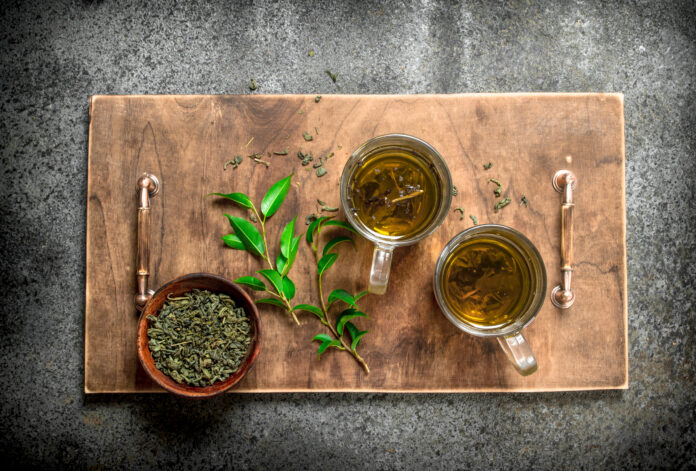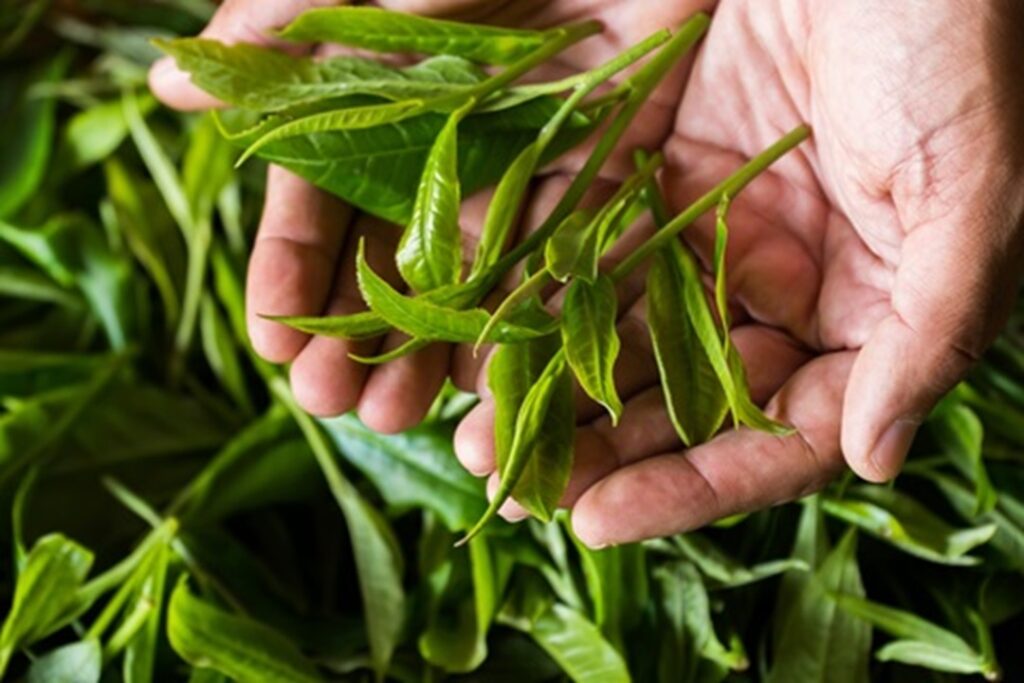Exclusive content
Beyond the Leaves, In the World of Beans!
After water, tea is the most consumed beverage worldwide. This article discusses tea. Coffee is another popular beverage. The consumption of green tea and coffee is prevalent these days. Some of the most remarkable liquids to have when enjoying excellent and healthful drinks are green tea and green coffee.
We’ll analyze which of these drinks is better for people trying to lead healthier lives here.
Here, we’ll list the various distinctions between green tea and green coffee:
Source
- Green tea is made from the Camellia Sinensis plant, but green coffee is made from unroasted Arabica and Robusta coffee beans.
Preparation
- Green tea is made by steeping the leaves of the tea plant in hot water. Green coffee, on the other hand, is made by either soaking unroasted coffee beans in hot water and then filtering the liquid or by using instant green coffee in hot water.
In particular: An All-Inclusive Guide to Green Tea
Caffeine Content
- Although green tea and green coffee both contain caffeine, green tea usually has a higher caffeine content than green coffee. The exact caffeine content, however, may vary based on factors, including the type of tea or coffee and the brewing method.
Antioxidants
- Both beverages are high in antioxidants, which help protect cells from damage caused by free radicals. While green tea contains catechins like epigallocatechin gallate (EGCG), green coffee has potent antioxidants called chlorogenic acids. In addition to having lots of antioxidants and microorganisms like Lactobacillus that support gut health, Greenbrew green coffee is a vital source of vitamin B12.
Regulation of Weight
- Research has been done on the possible effects of green tea and green coffee on weight management. Studies suggest that the catechins in green tea and the chlorogenic acids in green coffee may facilitate fat-burning and increase metabolism. There is conflicting evidence; thus, further research is needed to substantiate these effects.
Taste
- In general, green coffee has a more subtle, earthy flavor without being bitter, while green tea tastes somewhat bitter with herbal undertones. Greenbrrew green coffee is also available in nine lovely flavors, which enhance the flavor and aroma of green coffee without reducing its potency. It is suitable for people looking for a pleasant drink that also prioritizes health.
Potentially Adverse Reactions
- While both green tea and green coffee can be enjoyed safely in moderation, excessive caffeine consumption can lead to adverse effects. It’s important to be mindful of your caffeine intake and how your body responds to these beverages, promoting a sense of caution and responsibility.
Conclusion
Both green tea and green coffee offer unique health benefits, from promoting fat burning to removing toxins. Understanding these benefits can empower you to make informed choices about your health and wellness journey.
However, because it yields results much faster than green tea, green coffee has been shown in some recent research to be far more advantageous to health and fitness. However, patience is also necessary. Recall that these two drinks are not panaceas. When paired with a proper exercise regimen and a healthy diet, drinking green tea, green coffee, or any other weight-management beverage can have apparent results. This serves as a great reminder to be patient and practical with our health journey. A healthy, balanced diet and lifestyle should include the consumption of green tea and green coffee. By consuming them without added sugars or excessive amounts of cream or milk, you may maximize their health benefits and take charge of your health journey.


